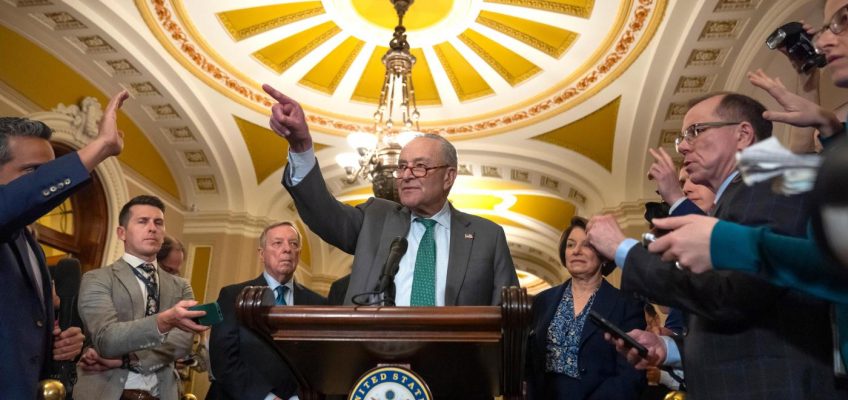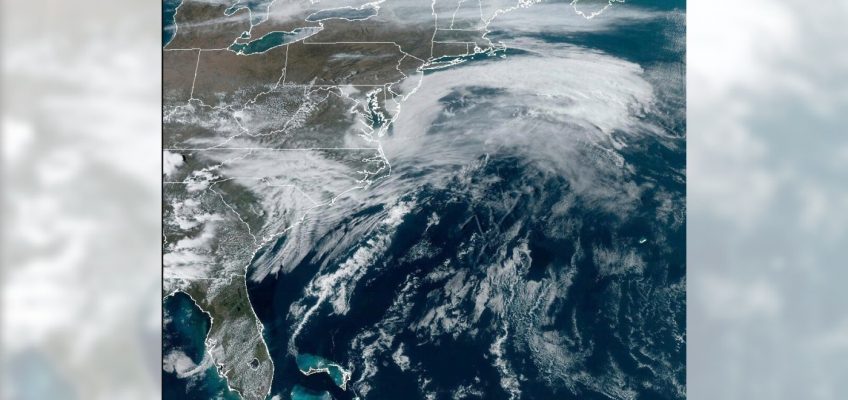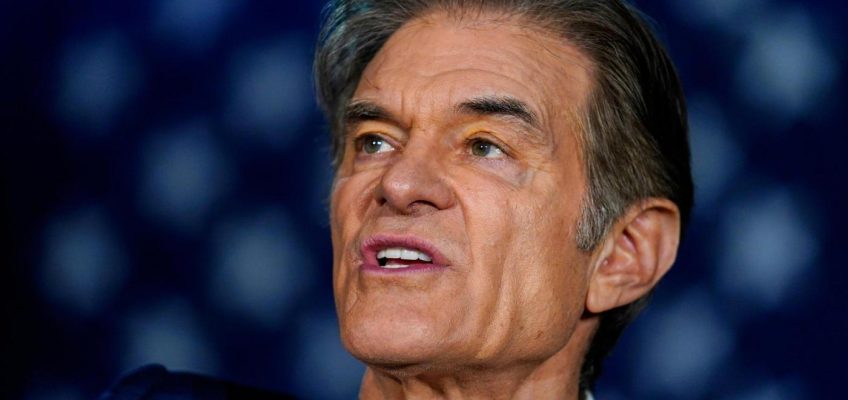By The Associated Press
The Senate is finding itself in a familiar position, working to avoid a partial government shutdown with just hours to spare Friday. Democrats have only painful options: allow passage of a bill they believe gives President Donald Trump vast discretion on spending decisions, or vote no and give Trump free rein. Senate Democratic leader Chuck Schumer gave members of his caucus days to vent their frustration before making clear he will not allow a government shutdown.
Also Friday, it’s Trump’s move now that two federal judges handed down orders Thursday requiring his administration to rehire thousands of probationary federal workers let go in mass firings. Trump also plans a Justice Department rally for what he’s calling a tough-on-crime agenda. And he’s asked the Supreme Court to limit a nationwide order that for now prevents him from denying birthright citizenship, a right enshrined in the 14th Amendment.
Here’s the Latest.
What to know about the bill being debated by the Senate
Congress has been unable to pass the annual appropriations bills designed to fund the government, so they’ve resorted to passing short-term extensions instead. The legislation before the Senate marks the third such continuing resolution for the current fiscal year, now nearly half over.
The legislation would fund the federal government through the end of September. It would trim non-defense spending by about $13 billion from the previous year and increase defense spending by about $6 billion, which are marginal changes when talking about a topline spending level of nearly $1.7 trillion.
The Republican-led House passed the spending bill on Tuesday and then adjourned. The move left senators with a decision to either take it or leave it. And while Democrats have been pushing for a vote on a fourth short-term extension, GOP leadership made clear that option was a non-starter.
A procedural vote Friday will provide a first test of whether the package has the 60 votes needed to advance, ahead of final voting likely later in the day. At least eight Democrats will need to join with Republicans to move the funding package forward.
Read more about the scramble to avert a government shutdown
Trump will visit a Justice Department he’s sought to reshape with loyalists
Trump is expected to use his visit to deliver a speech outlining his administration’s tough-on-crime agenda. But the appearance doubles as a victory lap after he emerged legally and politically unscathed from two federal prosecutions that were dismissed after his election win last fall.
The visit is the first by Trump and the first by any president in a decade. It brings Trump into the belly of an institution he has disparaged in searing terms for years but one that he has sought to reshape by installing loyalists and members of his personal defense team in top leadership positions.
Read more about Trump’s visit to the Justice Department
Judges order Trump to rehire probationary workers let go in mass firings
Two federal judges handed down orders on Thursday requiring Trump’s administration to rehire thousands, if not tens of thousands, of probationary workers let go in mass firings across multiple agencies, slowing down for now the president’s dramatic downsizing of the federal government.
Both judges separately found legal problems with the way the mass terminations were carried out and ordered the employees at least temporarily brought back on the job.
The Trump administration has already appealed the first ruling. White House press secretary Karoline Leavitt cast it as an attempt to encroach on the president’s power to hire and fire employees. “The Trump Administration will immediately fight back against this absurd and unconstitutional order,” she said in a statement.
Read more about the orders on mass firings
Schumer gives Democrats room to side with Republicans to avoid a government shutdown
Senate Democratic leader Chuck Schumer gave members of his caucus days to vent their frustration about the options before them, but late Thursday made clear he will not allow a government shutdown. His move gives Democrats room to side with Republicans and allow the continuing resolution, often described as a CR, to come up for a vote as soon as Friday.
Schumer said on the Senate floor that the choice between the GOP spending bill and a government shutdown is “no choice at all” but that a shutdown would be “a far worse option.”
A procedural vote Friday will provide a first test of whether the package has the 60 votes needed to advance, ahead of final voting likely later in the day. At least eight Democrats will need to join with Republicans to move the funding package forward.
Read more about the vote to avoid a government shutdown
Pentagon continues purge of images it sees as pro-DEI, including 3 related to the Enola Gay
The Pentagon is continuing its purge of photographs it considers promote DEI, and although it said historical photographs would be protected, at least three images related to the B-29 Superfortress bomber that dropped the first atomic bomb on Hiroshima, Japan, have been removed – likely because the aircraft was called the Enola Gay.
The images that have disappeared include a historical black-and-white photo of the Enola Gay “undergoing modification at Oklahoma City Air Depot to be able to drop atomic weapons,” according to a thumbnail of the photograph, which remains. Two others that mention a grandson of a member of the original Enola Gay crew flying a refurbished B-29 to honor his family have also been deleted, although their thumbnails are also still visible.
A request for comment to the Pentagon on why the Enola Gay images were removed was not immediately returned.
Related Articles
Explorers discover wreckage of cargo ship that sank in Lake Superior storm more than 130 years ago
WATCH: Hawaii volcano again puts tall lava fountains on display in latest eruption episode
EPA froze ‘green bank’ funds worth billions, climate group suit says
New York State fires 2,000 prison guards who refuse to return to work after wildcat strike
Utah will be the first state to ban fluoride in drinking water




